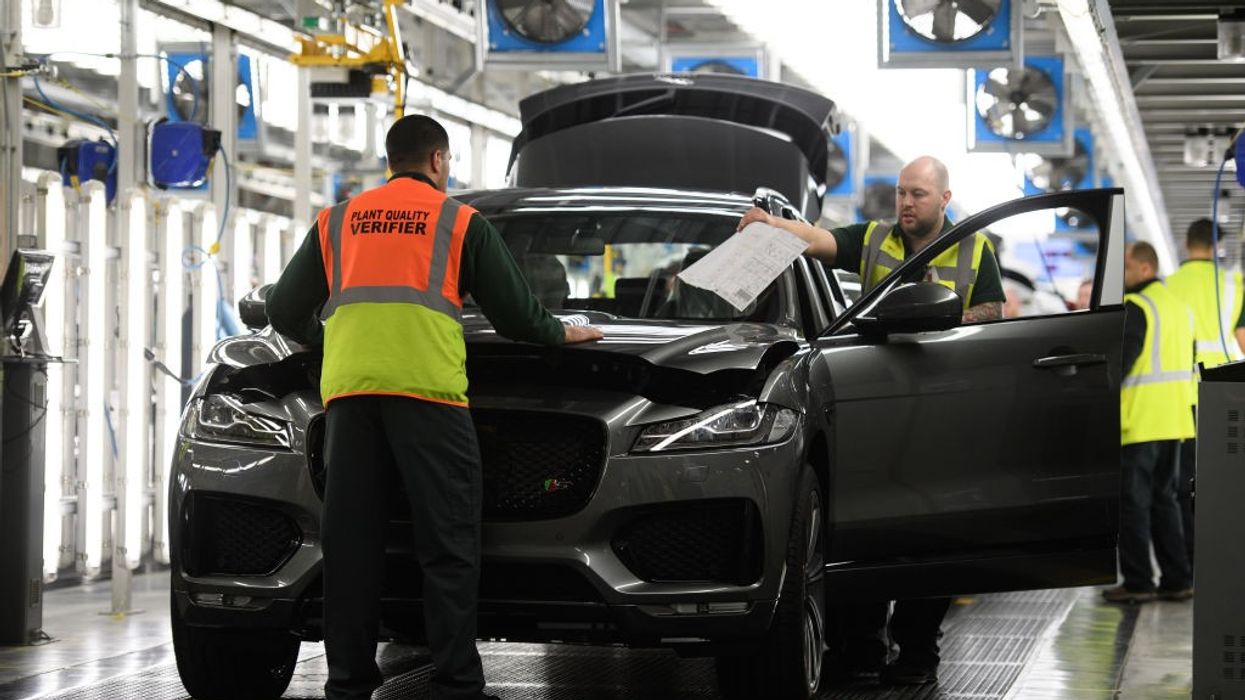Sanjay Leela Bhansali is one director who takes his own time to announce his projects. He is never in a hurry to make a film and always delivers something magnificent on the big screen. He was supposed to direct Inshallah starring Salman Khan and Alia Bhatt. But Salman opted out of the film and the movie was shelved.
A few days ago, it was announced that Sanjay Leela Bhansali will team up with Alia Bhatt for a movie titled Gangubai Kathiawadi and the film will hit the screens on 11th September 2020. The official Twitter handle of Bhansali Productions had tweeted, “A name you've heard, a story you haven't. Directed by #SanjayLeelaBhansali starring @aliaa08 in and as #GangubaiKathiawadi Bhansali Productions and @PenMovies bring you this powerful story on 11th Sept, 2020! All India distribution by #PenMarudhar @prerna982 @jayantilalgada.”
Now, today on the day of Diwali, the filmmaker has announced his project that he will direct after Gangubai Kathiawadi. Bhansali Productions tweeted, “On this auspicious day, we are delighted to make your Diwali happier by announcing our next endeavour♥️?? #SanjayLeelaBhansali #BaijuBawra @prerna982 #HappyDiwali.”
While the film has been announced, the lead actor’s name is not yet officially revealed. However, some reports suggest that it will be Ranveer Singh and some reports state that it will be Ajay Devgn. We now surely wait to know which actor will star in Baiju Bawra.
In 1952, a movie titled Baiju Bawra had hit the screens. It starred Bharat Bhushan and Meena Kumari in the lead roles. It was the story of a singer named Baiju who is on a mission to defeat Tansen in a musical duel to avenge the death of his father.





 Kanwar Dhillon Reflects on 10 Career-Defining Moments
Kanwar Dhillon Reflects on 10 Career-Defining Moments  From Debut to Awards: Kanwar Dhillon’s Journey
From Debut to Awards: Kanwar Dhillon’s Journey  Kanwar Dhillon Looks Back on a Decade of Work
Kanwar Dhillon Looks Back on a Decade of Work






